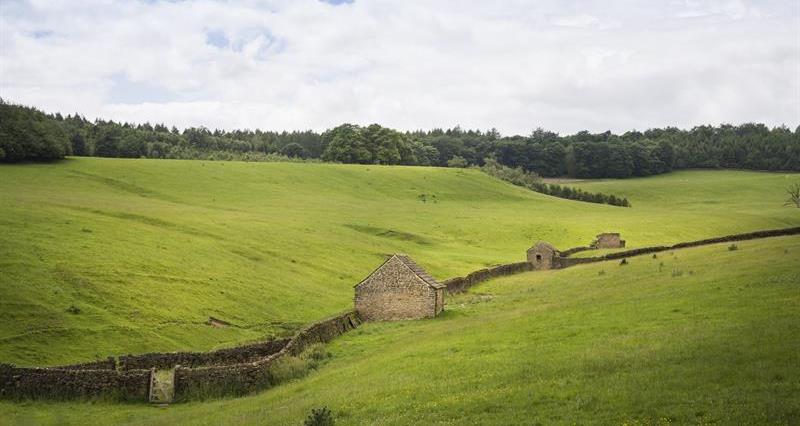The Environment Act is essentially an Act of two halves. The first half puts in place a framework of legislation for environmental governance. The second half puts in place legislation under a number of different environmental themes to achieve a number of the ambitions set out in the government's 25 Year Environment Plan.
We lobbied on various aspects of the Act throughout its passage through Parliament, ensuring that it best supports British farmers to protect our environment and continue to produce high quality food to world-leading standards.
Responding to the news, NFU Environment Forum chair Richard Bramley said: “Alongside producing sustainable, climate-friendly food, farmers are custodians of the countryside. Our industry has already embarked on a long journey of protecting and maintaining the iconic British countryside. Farmers carry out huge amounts of work to enhance landscapes, benefit soils, water, and air quality, encourage wildlife, and reduce our impact on the climate as we make progress towards our net zero ambition."
NFU influence
Our interest in the development of the Environment Act has been to encourage food production and land management policies to go hand-in-hand.
We believe measures for protecting and enhancing the environment must be joined up with policies that support farming’s ability to improve productivity.
This is the only way to manage volatility to ensure we have profitable, productive and progressive farm businesses, both now and in the future.
Conservation covenants
One of the key successes in our lobbying efforts during the passage of the Act through Parliament has been the stipulation that conservation covenants need to be signed in deed.
Conservation covenants are voluntary agreements between a landowner and a third party, which enable landowners to make long-term commitments to conservation.
Ensuring that these agreements are well drafted and the parties to them fully understand the nature of the commitments they are entering into is vital to their success.  Â
Further consultation and engagement
There are many aspects of the Act that will see further consultation and engagement, including the government’s ambition for new environmental targets.
We will continue to work across government, parliament and wider society to support British farmers to protect our environment while continuing to produce high-quality, climate-friendly food to world-leading standards.
